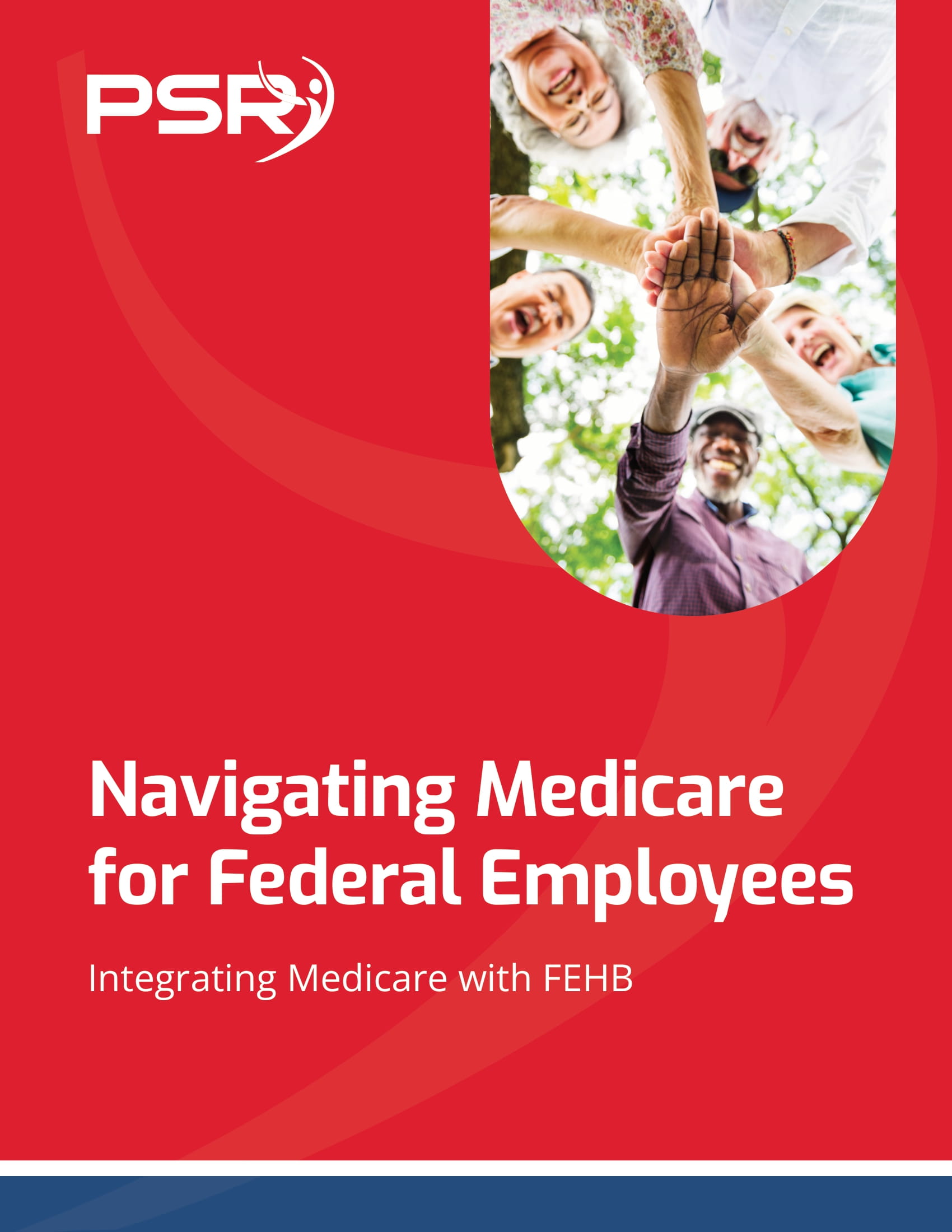Federal Employees and Retirement Account Withdrawal Options

What account to withdraw from first in retirement to give us the greatest benefit.
Your tax-deferred status has allowed you to protect some of your money from taxes and allowing it to grow tax-free in your pension plan or other savings vehicles. Once you start receiving distributions, you will have to pay taxes on the money. Therefore, we need to be educated and wise in deciding which accounts to draw from first.
- Also Read: Divorce and Your Federal Pension—What Happens When You Split Assets and How It Could Affect Your TSP
- Also Read: What Happens to Your Federal Benefits After Divorce? Here’s the Lowdown
- Also Read: The Best FEHB Plans for 2025: Which One Fits Your Lifestyle and Budget the Best?
If you must make withdrawals in retirement, the money should come from your savings account first because it is not subject to taxes. Using the savings withdrawal method first also allows you to postpone paying taxes on those accounts that are tax-advantaged.
Roth IRAs with after-tax contributions and tax-free growth have the added advantage of exemption from required minimum distributions that may apply to other retirement accounts. After age 70.5 when you must begin to take distributions from other accounts, your Roth account can continue to grow tax-free. Monies in the Roth account after your death can be used by your beneficiaries tax-free. Given these circumstances, the Roth IRA is the account you should consider withdrawing from last or as far down the road as feasible.
How you plan to handle your accounts is very personal and depends on unique factors in your life such as the kind of account and assets you have and how long you have had the assets. It also depends on the level at which the account has already been taxed and the expected rate of return. Your estate plans must also be evaluated before you make decisions. If at any time you have questions or are not certain about what steps to take, always consider speaking to someone who has expertise in financial management and handling taxes in retirement. It should also be noted that under most circumstances, if you do not take the required minimum distribution after age 70.5, you will suffer a 50% penalty on withdrawal shortfall. The Internal Revenue determines the formula to calculate the penalty.
Otherwise it is estimated that most of your retirement account withdrawals will be subject to approximately 20% required federal tax withholdings. If you have tax liabilities in one year the Internal Revenue might require you to pay an estimated tax. Visit the Internal Revenue Service to find out more about estimated taxes in publications 590 and 554 or online at www.irs.gov.
Many retirees think about selling their homes to get a tax break in retirement. Things to consider:
- If you are single selling your house for a profit of up $250,000 that amount may be exempt from taxes.
- If you are married with joint ownership up to $500,000 may be exempt from taxes.
- The caveat is that you must own the home and it has been your primary residence for two of the last five years.
- You have not used the exclusion in the last two years.
Other retirees think about paying off their mortgage if it has not been paid off prior to retirement. Things to consider:
- Mortgage debt has a tax advantage if most of the payment is going towards interest.
- If the payments are basically going towards principal then you may not have a tax advantage.
- If your balance remains high enough to generate a tax break, you may still want to consider paying off the mortgage if you meet the following criteria.
• You are already clearly and without doubt maximizing your retirement savings.
• You have already paid off other debt that has a higher interest rate and does not have a tax-deductible advantage for you.
• Your emergency fund is robust and will sustain you according to your financial plan and individual action plan.
Being debt-free is certainly appealing. However, any financial decisions you make
concerning you retirement future requires much thought in addition to being educated about your options and the consequences of your actions. Remember every decision we make carries an associated cost.
P. S. Always Remember to Share What You Know.
RELATED TSP ARTICLES
Thrift Savings Plan (TSP) Withdrawal Options
For Postal Employees – LiteBlue and the TSP
Federal and Postal Employees – Choosing a Financial Professional
Is All ‘Your’ TSP Money Actually Yours?










